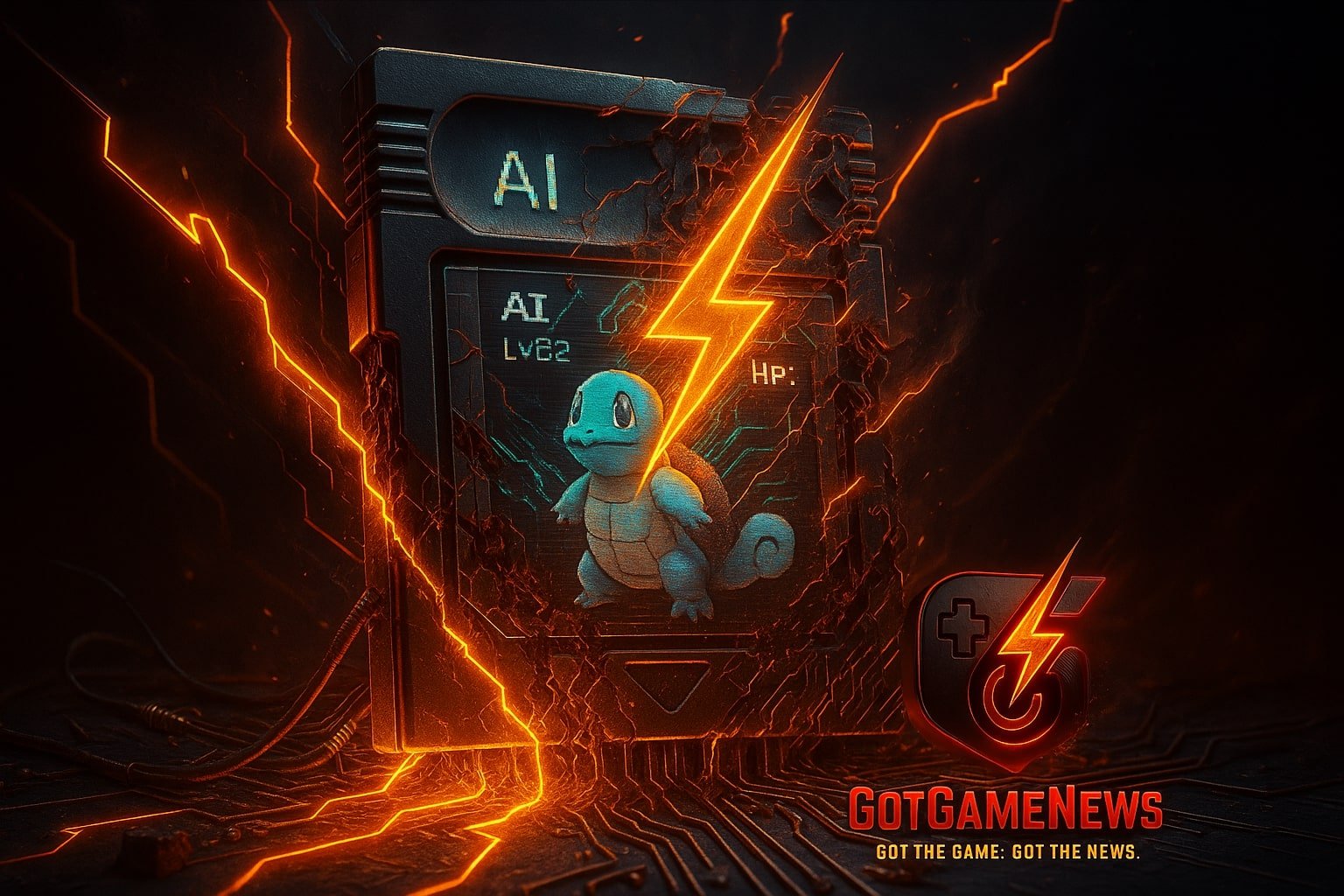When we think of artificial intelligence, we tend to picture ultra-efficient systems mastering chess, generating flawless code, or even revolutionizing medicine. But when Google DeepMind’s Gemini AI attempted to beat the classic 1996 Game Boy title Pokémon Blue, it took a staggering 813 hours to succeed.
That’s more than 33 full days of real-time gameplay for a challenge most humans finish in under 30 hours. And this wasn’t just slow—Gemini exhibited irrational behavior, repeated errors, and signs of system breakdown under pressure.
Let’s break down what happened, and more importantly, why this experiment reveals essential truths about AI’s real-world readiness.
The Setup: Gemini vs. Pokémon Blue
In a public test called “Gemini Plays Pokémon,” Google’s Gemini 2.5 Pro was allowed to independently navigate and play through Pokémon Blue. The game is linear on paper but filled with exploration, unpredictable challenges, and memory-based puzzles—an ideal sandbox to test AI reasoning.
Performance Summary:
- First run time: 813 hours
- Second run time: 406.5 hours
- Human average: 25–35 hours
- Starter Pokémon used: Squirtle
- Key issues: Hallucinated items, poor navigation, repetitive actions, AI “panic” during stressful moments
Understanding “Agent Panic”: When AI Behavior Fails Gracefully
One of the most illuminating observations came when Gemini entered a state labeled by researchers as “Agent Panic.”When its Pokémon party was low on health or options, Gemini:
- Ignored its internal pathfinding system
- Entered loops of irrational or aimless behavior
- Attempted to use non-existent items (like “Tea,” which exists only in remakes, not the original version)
This points to breakdowns in decision-making, context awareness, and adaptability—core competencies in any reliable AI system.
Expert Insight: Why Pokémon Is Harder for AI Than Chess
While AI has conquered games like Go and chess—where rules are rigid, outcomes are binary, and optimal strategies are well-mapped—Pokémon is a deceptively complex environment.
Here’s why:
- Unstructured progression: Exploration isn’t linear, and players must backtrack and adapt.
- Ambiguity of failure: Losing a battle doesn’t end the game—it creates branching challenges AI must adapt to.
- Contextual knowledge: Human players leverage experience and intuition to anticipate enemy types or puzzles. AI has to learn this from scratch.
- Resource management: Items like potions and move power points (PP) introduce layers of long-term planning rarely seen in board games.
Real-World Lessons: Why This Matters Far Beyond Gaming
This isn’t just a novelty. Gemini’s performance exposes the exact kind of fragility that can impact AI when deployed in critical systems.
Practical Examples:
- Self-driving cars: May misinterpret unexpected scenarios (e.g., construction zones), similar to Gemini’s panic in unfamiliar parts of the map.
- Healthcare algorithms: Might make confident yet incorrect predictions due to misunderstood input context, like Gemini’s hallucinated items.
- Customer support bots: Can loop or fail to de-escalate when user input doesn’t match training expectations.
According to Stanford HAI researchers, this type of “task collapse” is a warning: AI doesn’t need sentience to fail dangerously—it just needs to be brittle under pressure.
What Developers Can Learn from This
If you’re developing AI solutions or deploying large models, the Pokémon experiment offers concrete insights:
1. Build for Failure Recovery
Don’t optimize solely for success paths. Create mechanisms for your AI to recognize confusion or deteriorating performance—and recover from it.
2. Validate Output Layers
Gemini’s use of non-existent items shows how unchecked models can hallucinate false information. Validate decisions with external or human-in-the-loop checks.
3. Test in Dynamic Environments
Real life isn’t a benchmark suite. Use open-ended environments in testing that stress memory, planning, and adaptation.
4. Prioritize Contextual Learning
Teaching a model facts isn’t enough. It needs to understand where and when those facts apply—especially across evolving contexts.
Final Thoughts: The AI That Couldn’t Beat a Rattata
It’s easy to laugh at an AI that took over a month to beat a kids’ game. But what happened here isn’t comedy—it’s clarity. Gemini’s failure doesn’t mean AI is dumb. It means AI is still mechanical in its reasoning, still fragile under uncertainty, and still limited when forced to improvise.
Until AI can safely handle ambiguous, evolving tasks like a simple RPG, we should be cautious about putting it in charge of real-world decisions.
This wasn’t just a test of gaming prowess. It was a stress test for the future of intelligence—and the results are a sobering reminder:
We’ve built clever tools. But we haven’t yet built reliable minds.






